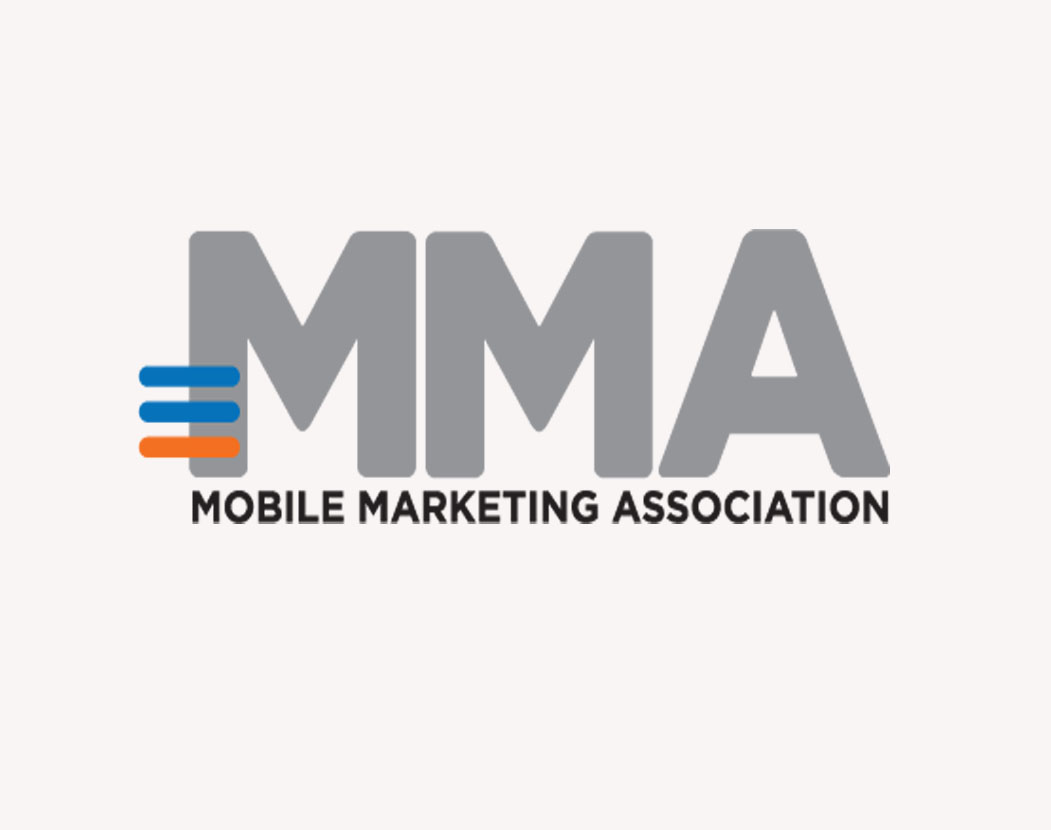A recent survey released from the Mobile Marketing Association shows that 75 percent of marketers say they will adopt a multi-touch attribution (MTA) solution by 2019.
However, the report summary notes, the available solutions are not in-line with their performance needs.
The survey, which serves as a baseline of marketers’ intentions, familiarity and experiences with MTA solutions, showed that marketers believe that MTA is potentially a powerful attribution and planning tool.
Marketers believe that, although MTA is now more focused on conversions and sales, in the future it will also help them with upper funnel metrics, with almost 80 percent of marketers reporting that MTA will be the solution providing clarity for both budgeting and agile marketing efforts.
However, despite the promise today’s solutions might offer, marketers are still not confident in today’s vendor offerings, the MMA says. Marketers’ responses indicate there are several areas the vendor community should attempt to address:
- Complex offerings need more transparency: Only one out of four marketers who currently use MTA solutions say they are familiar enough with MTA approaches and methodologies.
- Costs and ROI must be in balance: Marketers need to be convinced that net impact will be positive. While more than half of marketers using MTA solutions believe it drives incremental results, only 40 percent of marketers report that they are convinced that the cost of MTA covers the benefits.
For the marketers who have yet to test MTA solutions, the complexity of the offerings combined with their lack of resources of are the main adoption challenges, the press release notes.
“Brands admit that they need to deepen their teams’ knowledge on attribution solutions, but the black-box approach is leading to hesitation and a lack of trust,” explains Greg Stuart, CEO of the MMA. “The promise of what MTA could deliver to marketers is the reason why we are empowering brands with the tools they need to find the right partner for the right program that meets their brands’ needs. We want to help MTA solution providers build this really important market.”



